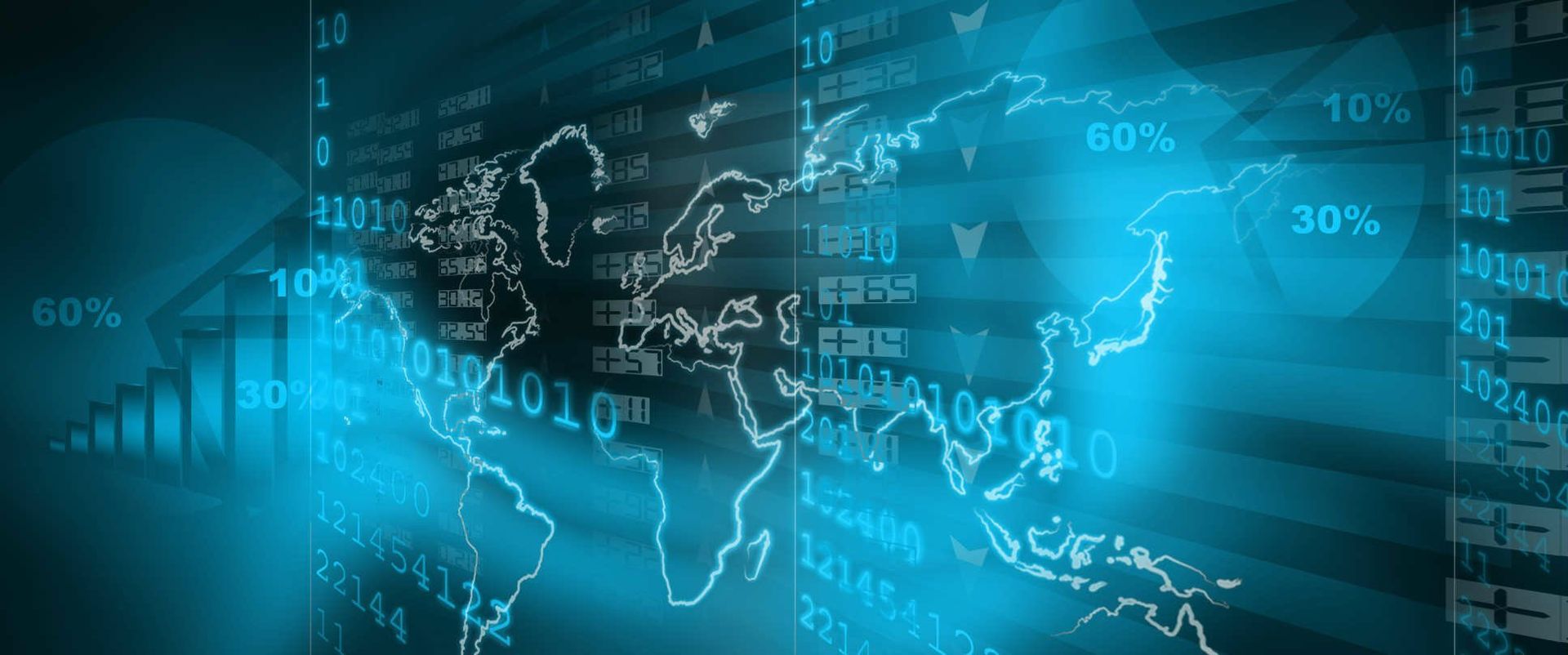Who Really Controls The Global Economy?
But the enormity of the 2008 financial collapse required government and central bank or investment company intervention nothing you’ve seen prior observed in the global overall economy. After Lehman Brothers, one of America’s biggest investment banks, was permitted to go bankrupt, the Federal Reserve was required to bail out AIG, the world’s largest insurance provider. 85 billion bailout was, until then, the largest bailout in American economic history.
When banks started failing over the globe- mainly because of bad investments in U.S. Stock market declines greater than 50% in a few countries presaged a global financial meltdown. The concerted action of the world’s central banking institutions, like the U.S. Federal Reserve, the lender of England, the European Central Bank or investment company, and the Bank of Japan, helped relaxed things down for a while. However when countries began failing-Iceland and the Ukraine were the to begin many nationwide economies that needed to be bailed out- it was clear that the fallout of the 2008 turmoil would last for a long time to come.
The key to finding the right answer to financial crises is to somehow solve the immediate problem without making things worse in the foreseeable future. In the same way the speed of an engine is controlled by its gasoline supply, a country’s overall economy is controlled by regulating its money source- and each country’s monetary policy is the responsibility of its central bank or investment company.
In Britain, it is the Bank of England; in Switzerland, it is the Swiss National Bank or investment company; in the United States, it’s the Federal Reserve; in the euro area countries, it’s the European Central Bank or investment company; and in Japan, it is the Bank or investment company of Japan. These quasi- public institutions are set up by government authorities, but are then given the independence needed to keep an economy under control without undue interference from dabbling politicians. Despite the tendency of the media to concentrate on the latest economic statistic, there is no one solitary signal that tells us how fast an overall economy is growing- or if that growth will lead to inflation later on.
- Are an excellent communicator, comfortable presenting to senior leadership
- Profit from the Sale of Your Home
- Introduction Of Islamic Banking :-
- The American Bar Association Does Not Endorse Them
- Unofficial transcript
And, unfortunately, there is absolutely no way to learn how quickly an economy will respond to changes in financial policy. If a country’s central bank allows the economy to expand too rapidly- by keeping excess amount in circulation, for example- it may cause “bubbles” and inflation. If it decreases the economy too much, an financial recession can effect, bringing financial turmoil and rampant unemployment.
Central bankers, therefore, need to be and extremely careful- keeping one vision on inflation prescient-, which is the product of an overheating economy, and one vision on unemployment, which is the product of the slowing overall economy. In the 21st century overall economy, however, regulating money supply has turned into a much more trial. With the amount of capital flowing across the world dwarfing many countries’ money supplies, it’s extremely difficult to learn with certainty what the effect of any financial decision will have on a local economy-let by itself on the world. Inflation and unemployment have grown to be the yin and the yang of the 21st- century economy. When one rises, the other tends to fall.
Although neither is regarded as good, in recent years, inflation is just about the dominant preoccupation of financial decision manufacturers. It used to be that reviews of the surging overall economy brought euphoria to the marketplaces. If factories and businesses were producing at full capacity and everyone got an operating job, the markets would greet the news with approval, assured that in a booming overall economy, everyone would be better off. However, after the severe inflation scares of days gone by years, with prices rising out of control in many countries, leaders recognized that an economy growing quickly can be an excessive amount of a very important thing too.
Reduced unemployment means that companies are pressured to pay higher income for scarce workers, and prices of services and goods need to be elevated to cover the increased cost. In the booming economy, inflation can grow quickly as consumers and businesses begin to compete for increasingly scarce goods and services- and scarcity leads to raised prices. The effect is usually a vicious group of income and price raises that end up hurting almost everyone- especially those on fixed earnings, who see their buying power drop when prices rise.
The international marketplaces watch each country’s inflation rate carefully- always on the lookout for signs an economy is stalling or overheating. International investors, including gigantic pension money, hedge funds, and international banking institutions, move billions and trillions of dollars sometime, pounds, euros, day and yen throughout the world on any given, looking for the best return on their investment. Just as a wise driver retains an optical eyesight on the road forward, a country’s central bank or investment company tries to keep carefully the economy on a steady course.

